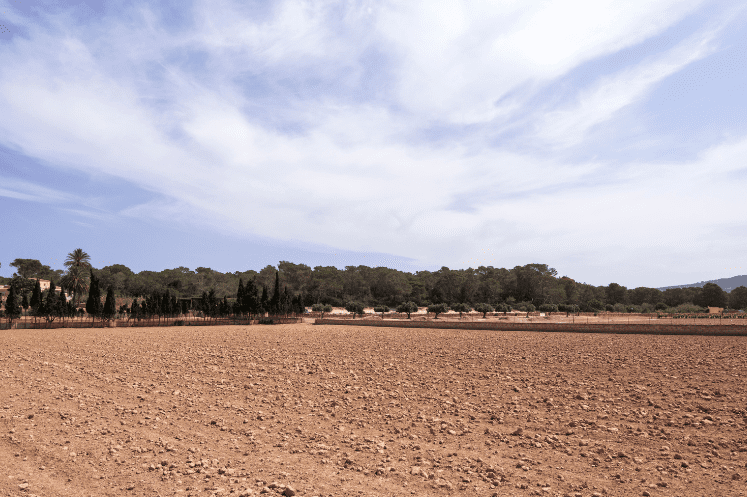Building on rustic land can be an excellent way to enjoy the natural beauty and tranquillity of the countryside. However, such building projects often involve a number of legal considerations and permits that need to be taken into account. In this article, we will explore the legal aspects and permits required to build on rustic land, and provide you with the information you need to navigate the process.
Legal aspects of building on rustic land
Building on rural land can be a legally complex process. Laws and regulations vary depending on the location of the land, and may include restrictions on the size and type of construction allowed, as well as environmental conservation requirements.
It is important to understand that rural land is often subject to land use regulations that may limit construction. These regulations may be designed to protect agriculture, wildlife, natural landscapes and other resources. For example, there may be restrictions on removing trees, altering watercourses, or building near wildlife habitats.
In addition, local laws may require that buildings on rural land adhere to certain architectural styles or limit the size of the building to maintain the rural character of the area.
Contact our architectural firm
Permits to build on rural land
Before starting any construction project on rural land, it is likely that you will need to obtain several permits. These may include:
-
Building permit: This is the basic permit you will need to build on any land. It ensures that your project complies with local building codes. This permit usually requires the submission of detailed plans of the proposed construction.
-
Environmental impact assessment: Depending on the location and size of your project, you may need an environmental impact assessment. This is a process that assesses how your project will affect the local environment. It may include assessing impacts on wildlife, water resources, noise and air quality, among other factors.
-
Land use permit: This permit ensures that your project complies with local land use regulations. It can be especially important for rural land, which often has stricter land use regulations. This permit may require the submission of a land use plan showing how the land will be used and how impacts on the environment will be minimised.
In conclusion, building on rustic land can be a dream come true, but it is important to understand the legal aspects and necessary permits before you begin. By doing your homework and working with experienced professionals, you can ensure that your project runs smoothly and complies with all necessary regulations. Remember, every project is unique and laws and regulations can vary, so it is always a good idea to seek professional legal advice before starting your project.
En Vello Monfort Arquitectos , estamos comprometidos con la creación de diseños sostenibles y respetuosos con el medio ambiente. Nuestro equipo de expertos puede ayudarte a navegar por los aspectos legales y los permisos necesarios para construir en terrenos rústicos, asegurando que tu proyecto se realice de manera eficiente y cumpla con todas las regulaciones. No dudes en contactarnos para obtener más información sobre cómo podemos ayudarte a hacer realidad tu sueño de construir en un terreno rústico.


